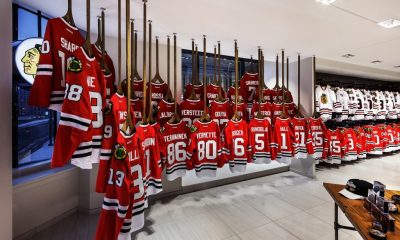Headlines
Wal-Mart Announces Higher Standards for Suppliers
Beginning in January, retailer will track manufacturers’ factory conditions, environmental and social practices, child and forced labor policies
MasterClass: ‘Re-Sparkling’ Retail: Using Store Design to Build Trust, Faith and Brand Loyalty
HOW CAN WE EMPOWER and inspire senior leaders to see design as an investment for future retail growth? This session, led by retail design expert Ian Johnston from Quinine Design, explores how physical stores remain unmatched in the ability to build trust, faith, and loyalty with your customers, ultimately driving shareholder value.
Presented by:
Ian Johnston
Founder and Creative Director, Quinine Design
-
Special Reports3 days ago
VMSD’s Retail Design Firm Resource Guide
-
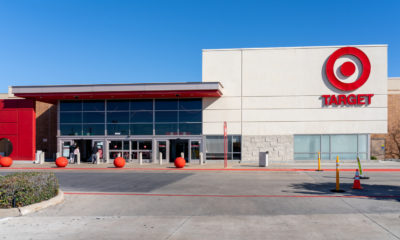
 Headlines1 week ago
Headlines1 week agoTarget Sued for Biometric Surveillance
-
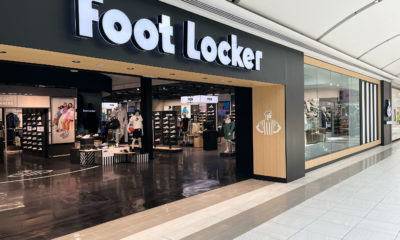
 Headlines1 week ago
Headlines1 week agoFoot Locker Unveils Updated Store Concept
-
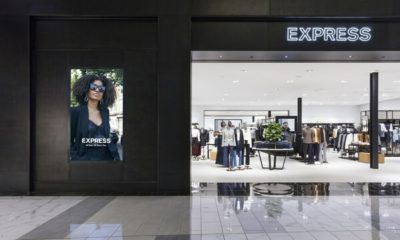
 Headlines1 week ago
Headlines1 week agoExpress Files Chapter 11, Plans to Close 95 Stores
-

 Designer Dozen2 weeks ago
Designer Dozen2 weeks ago2024 Designer Dozen: Lisa Rachielles
-

 Headlines6 days ago
Headlines6 days agoBlackstone to Buy Tropical Smoothie Café
-
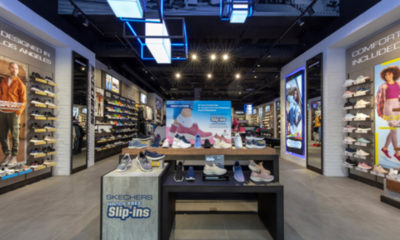
 Headlines3 days ago
Headlines3 days agoSkechers Debuts Concept Store in Brussels
-
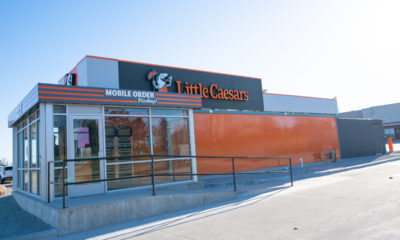
 Headlines2 weeks ago
Headlines2 weeks agoLittle Caesars to Add 30-plus Restaurants





